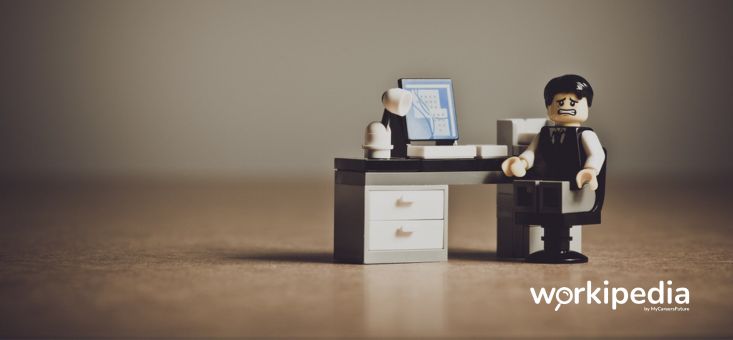If a journey of a thousand miles begins with a single step, it makes a difference that the step is in the right direction.
This principle should apply to our careers, but we are often advised not to be fussy for our first job. We are told that getting some job experience will better position us to get a job that we really want.
Unfortunately, there can be such a thing as a bad first job – one that hampers your chances of advancing in your career and slows down your self-development.
Of course, we do not advise having unrealistic expectations or bumming around to wait for the “perfect” job to fall into our laps. We would just like to offer some examples that illustrate why a (bad) job might make you worse off than having no job at all.
Less time to find the job you really want
When you’re already working, the time left to hunt for a job is drastically reduced to a few hours after work or on the weekends. Any serious job hunter knows that it is a colossal task to scour job portals and the careers pages of prospective companies, examine job descriptions and requirements, prepare tailored resumes and cover letters, and in some cases, submit essays and detailed questionnaires as part of the hiring process.
If your current job requires you to work overtime or attend to work matters outside of office hours, it further diminishes your bandwidth to do serious job hunting. This problem is aggravated if you work shifts and rest when prospective employers need to contact you.
When you hold a job, you will need to take time off to attend interviews. Depending on how upfront you are with your employer, this might be awkward. Taking leave every week or so will undoubtedly be frowned upon. In certain jobs, you need to apply for leave in advance, which is not possible if you are called up for an interview on short notice. Your supervisor could reasonably refuse to grant you time off work if there are manpower constraints.
All these factors reduce your ability to seek out your ideal employment opportunity.
Inertia to leave
If you already have a stable (but perhaps less than ideal) job, there will be inertia to leave, unless the job is torture.
In addition to the herculean effort needed to sustain a job hunt while already in a job, there is less incentive to leave a place that is comfortable and familiar for the unknown. Perhaps you could even feel indebted to your current company and abandon your initial thoughts of finding another job.
A bad job can be a bad influence
When you are a fresh graduate, you might be full of passion and idealism. You think of applying everything you learned in school and cannot wait to learn on the job.
However, in a bad job with negative role models and toxic company culture, you could be negatively impacted. When your initiative is met with mockery or your desire to follow protocol is overruled, this could greatly influence your perspective and the way you work, and could even result in disillusionment.
Furthermore, in a job that does not allow you to fully maximise your abilities, it is hard to give your best and learn a lot. This could dampen your motivation to work hard and make you complacent instead – something that young fresh graduates should avoid in their first jobs.
Damage to health and well-being
At times, work may come at the expense of one’s health. Long and irregular hours, a frenetic job pace or strained workplace relationships can take a toll on one’s physical and mental well-being. This is especially so for fresh graduates who have yet to adapt to the demands of the workplace.
In such situations, even if one had been working for only a short period, it might take a long time to fully recover from the negative repercussions.
These perspectives should be taken as food for thought when considering whether to take up a temporary job or not. Ultimately, whether a job experience turns out to be good or bad also depends on the employee.
With the right effort and attitude, sometimes “negatives” can become positives. A lack of resources at a company could be an opportunity to develop creative solutions to existing problems. A demanding boss can train one’s ability to handle difficult situations with tact and grace.
Just make sure you know what you’re getting yourself into and walk the path you choose with confidence and conviction!
This article is contributed by DollarsAndSense.














